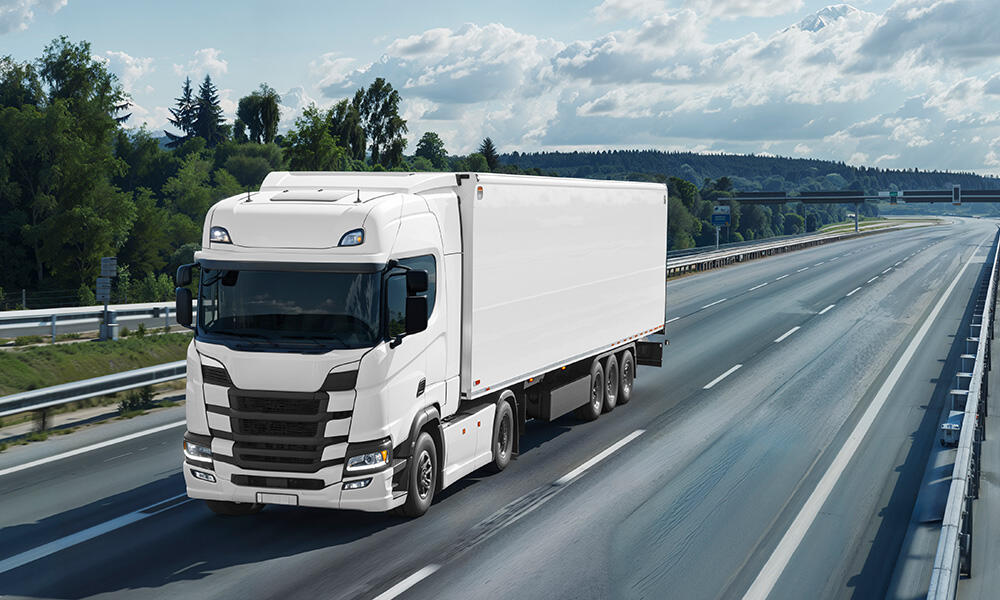
The Value of Partnership: Why a Professional LTL Carrier is the Strategic Lifeblood of an Enterprise's Supply Chain
In today's highly competitive logistics ecosystem, choosing a professional LTL (Less-Than-Truckload) carrier is by no means a simple freight forwarding decision, but rather a strategic move that directly impacts an enterprise's profitability. Unlike Full Truckload (FTL), LTL significantly optimizes cost structure by sharing space among multiple customers, avoiding the need to pay for unused space. Experienced carriers are better able to avoid surcharge traps (e.g., volumetric pricing, FAK rules) and achieve up to 30% compression of transportation costs. More importantly, it is about business resilience: whether it is temporary delivery of a single pallet or quarterly allocation of ten groups of goods, the top LTL service providers can provide flexible capacity without locking in the whole truck contract, so that enterprises can respond to fluctuations in market demand at any time, and seamlessly support the full cycle of development from the start-up phase to the scale of the development.
Technology enablement is another key dimension. Industry-leading LTL companies have deployed intelligent freight platforms to provide end-to-end visualization solutions - from real-time GPS tracking, abnormal cargo warning to electronic signing of receipt vouchers, putting an end to the "black box operation" of traditional logistics.
